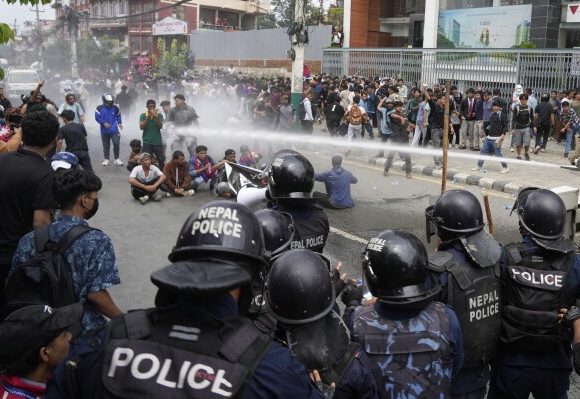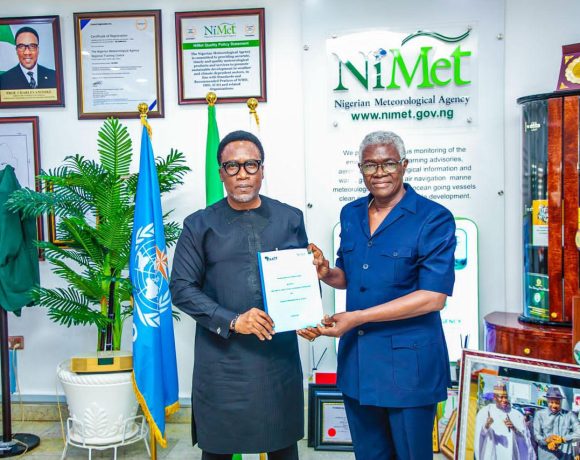Trump’s Trap: How the U.S. Neutralized Qatar and Opened the Way for the Abraham Accords

Israel
Opinion: By Samuel Shay
In a sophisticated and precise maneuver, President Trump managed to turn one of the Middle East’s biggest problems Qatar into an American security asset. Through a calculated move that included an Israeli strike in Doha, a timed apology, and an unprecedented American security guarantee, Qatar was drawn into Trump’s embrace. In doing so, the main obstacle to implementing Trump’s grand Abraham Accords plan was removed, while Qatari attempts at subterfuge and blackmail were fully neutralized.
Trump’s move was not an ordinary diplomatic step; it was purposeful, calculated, and built on a simple strategic logic: present Qatar with an offer it cannot refuse while simultaneously stripping it of the ability to disrupt any future U.S. Israeli processes. The measure amounted to an executive-level guarantee that grants Qatar unprecedented security assurances such that the United States treats any attack on Qatari territory or infrastructure as a threat to U.S. peace and security, and is prepared to act by all means to enforce that protection.
This is a different kind of “honeypot”: rather than applying direct economic pressure or engaging in protracted, unpredictable negotiations, Trump offered Qatar a security umbrella that speaks directly to the regime’s central concern in Doha: its survival and safety. The implication is that any strike on Qatar could trigger broad American involvement; as a result, the leverage Qatar historically exercised diplomatic mediation favoring Hamas, media influence, and sanctuary for activists rapidly lost value.
This political maneuver did not occur in a vacuum. An early Israeli apology by Prime Minister Netanyahu regarding the circumstances surrounding the strike in Doha opened the door for renewed Qatari mediation, while Trump provided the security cover Qatar sought. The outcome is a strategic triangle: Israel acknowledged the incident, Qatar received a pledge, and the U.S. assumed regional responsibility that neutralizes efforts to sabotage the broader plan. This is a tactical-diplomatic move that combines precise timing with threat neutralization.
The simple yet brilliant strategy here is that, instead of confronting Qatar directly, a state whose elements invest in influence operations and political meddling, Trump removed their disruptive tools by making Doha fear direct involvement. As a result, Qatar is now more afraid than ever of the cost of direct engagement; its ability to interfere, bribe, mediate on behalf of hostile actors, or stage a diplomatic circus that could derail the plan has been reduced to zero.
The practical conclusion is clear: when the goal is to carry out a massive geopolitical undertaking such as expanding the Abraham Accords and ensuring the release of hostages and the end of fighting without surprises, you must think outside the box. Trump demonstrated that sometimes security or the promise of security is the key to preventing interference. Instead of piling on money and persuasion, he offered protection; instead of moral appeals, he imposed cost. That is what narrowed the window for Qatari maneuvers and political manipulation, and that is what now makes it easier to proceed with bold measures against terrorist organizations and to free the hostages.
Some will view this move as risky or as a concession; I see it as pragmatic and goal-oriented, one that shatters Qatar’s instruments of influence and paves the way for bolder steps in the region. Sometimes, to win the policy and security battle, you need to offer the other side a proposal that is hard to refuse and we must acknowledge when someone uses that approach effectively.
Samuel Shay is an entrepreneur and economic advisor to the Abraham
Accords.









